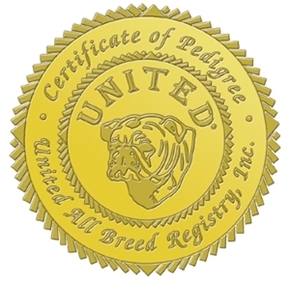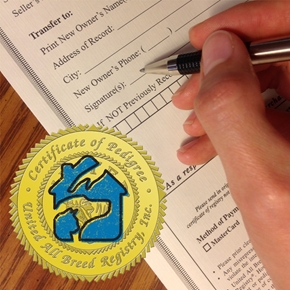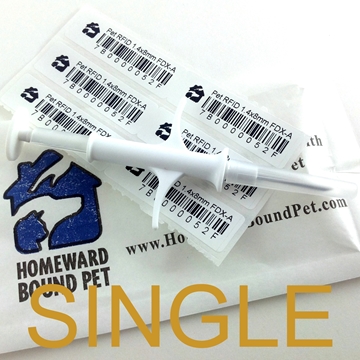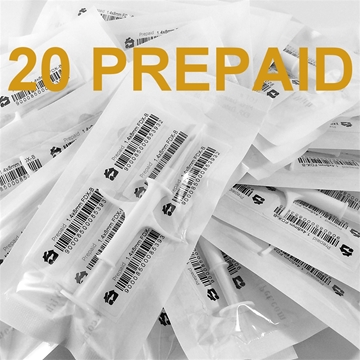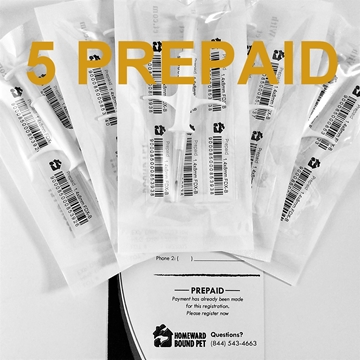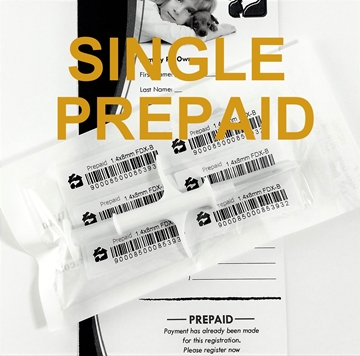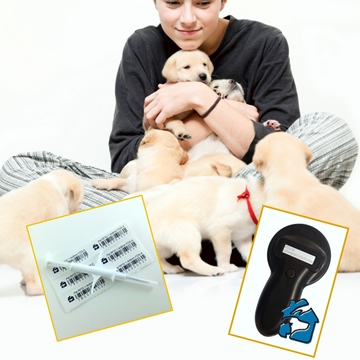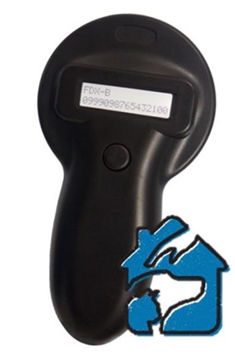FAQ: Microchips
What is a microchip?
It is a tiny computer chip that has an identification number programmed into it and is encapsulated within a biocompatible protein coating that anchors it in place. It is smaller than a grain of rice, and fits inside a hypodermic needle to be inserted. It will remain in place for the rest of your pet’s life. It has no power supply or moving parts and will never need replacing or repair.
How does a microchip work?
The computer memory in the microchip contains a unique number. No two animals will ever have the same number. A radio signal is used to read the number through the skin of your pet, using a simple handheld device. In addition to the number, the microchip generates a reliability check to guarantee that your pet’s identifying number has been read accurately. The microchip in your animal cannot be tracked by satellite or GPS.
How is the microchip inserted?
It is injected just under the skin, in the area of loose skin between the shoulders. Anesthesia is not required or recommended. The animal experiences only minimal discomfort with the procedure. If you are comfortable with giving normal injections to your animals, you can inject it yourself at home. Or, your veterinarian or other animal care professional can inject it for you.
Do most shelters have a way to read the microchip number?
Yes, virtually every animal shelter has a scanner that can read the most commonly used brands of microchips. Most shelters have a policy that they will not neuter, adopt out, or euthanize a microchipped animal without first attempting to find the owner in a microchip registry database.
What does it cost to microchip my pet?
Microchips cost between $7 and $20, depending on the source and brand. Most do NOT include the cost of registering the microchip in a national database. Our national microchip registry, Homeward Bound Pet, costs $20 per animal. This is a one-time fee for the lifetime of your pet (not transferrable). You can buy a microchip on this site.
Could my pet be allergic to the microchip?
No. The chip is inert and biocompatible. There is virtually no possibility of the animal’s body developing an allergy to or trying to reject a properly injected microchip.
How does the Homeward Bound Pet Program reunite me with my pet?
Lost animals are scanned when they arrive at a vet, shelter or animal hospital. The handheld scanner reveals the animal's microchip number. When that number is searched on the Universal Pet Microchip Lookup site online, the finder can see what registry you used to register the microchip and give them a call. If we are contacted at our 24/7 Lost Pet call center, you are immediately informed by phone about where to pick up your pet.
How old does my puppy or kitten need to be before it gets microchipped?
Animals of any age can be injected with a microchip. Puppies and kittens are normally microchipped during their initial vaccine series. Birds, horses and exotics can be identified at any time.
My pets never leave my property. Why should they be microchipped?
Most lost and stolen pets were last seen in their own yard. It only takes one time for the mailman, gardener, meter reader or neighbor to leave the gate open or the door ajar. Unaltered pets, in particular, have a desire to roam. Pet theft is a regular occurrence. Many are sold for research. Valuable purebreds are stolen for resale. Most shelters destroy the majority of the pets that they impound, only because they cannot be identified.



